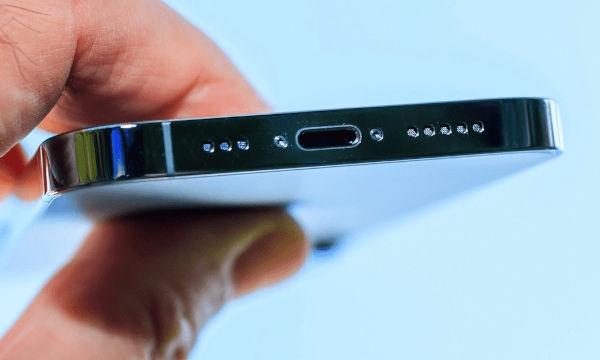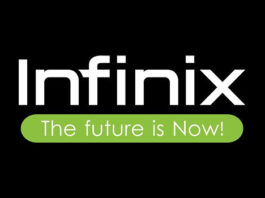One of the notable changes from Apple, is the removal of the Lightning port for the USB Type-C interface. Reports emerged that Foxconn will still maintain encryption for Apple’s mass-produced USB Type-C interface.

What the above means is that MFI (Made for iPhone) certification will be a must for some levels of charging. Without the MFI cert., the speed for data transfer as well as charging will have a limit. However, there will likely be a turning point in this issue
We are aware that the European Union laws were the source of Apple’s compromise of the USB Type-C interface. In fact, the technical requirements set forth by the European Union mandate that mobile phone devices be fitted with a USB Type-C port for cable charging. You must adhere to the USB PD specs if the charging voltage is greater than 5V or the current is greater than 3A.
The European Union notes that unfair limits on charging speeds by various brands will be a thing of the past by unifying fast charging standards. This would also ensure that charging speeds are uniform when using any suitable charger.
The goal of the limits set forth by the EU is, obviously, to reduce the rate at which users buy charging heads and cables as well as electronic waste. If Apple pushes for MFI USB-C cert., it will surely go against the EU’s initial aim. That will be illegal in the European market and it will surely be bad news for Apple.

There is, however, still a minor loophole that Apple can explore in data transfer. Apple does not restrict charging power, but users who merely require data transmission must use MFI.
Decision Is Not Targeted At Apple – Says EU
Two of the three significant changes the European Union will undertake in 2024 will have a major impact on Apple. This makes it simple to think that Apple is a target for the European Union. The Union, however, made sure to make a clear statement in this regard.
The European Commission made it clear that Apple was not the target of the action. The EU claims that relevant firms were unable to agree on a solution despite ten years of negotiations. According to reports, charge interfaces have drastically decreased following ten years of discussion. The Union asserts that from 30 charging connections ten years ago, we now only have 3.

In 2018, the USB Micro-B interface connector was used by 50% of the chargers for mobile phones, according to a 2019 survey by the European Commission. In addition, although 21% have a Lightning connector, 29% employ a USB Type-C connector.
Apple has previously said: “We remain concerned that allowing only one type of charger will stifle rather than incentivize innovation. This will in turn harm consumers in Europe and around the world”.
Thierry Breton, the director of the European Commission said “It will also allow new technologies such as wireless charging to emerge and mature without innovation. It will become a source of market fragmentation and consumer inconvenience.”
Actually, Apple’s best course of action is to create wireless charging tech. However, Apple probably won’t introduce an iPhone that exclusively supports wireless charging, though.




